Rosie Harper and Malika Felton write for The Conversation about the physical changes that take place during pregnancy and childbirth and share advice on recovery.
How to recover from childbirth – an expert guide
Rosie C Harper, Bournemouth University and Malika Felton, Bournemouth University
After all the physical changes during pregnancy and following childbirth, many women are left wondering how to get active again and where to begin. Of course, activity after childbirth is an individual journey with multiple things to consider – and one of the first considerations may not be what you expect: your pelvic floor.
Your pelvic floor muscles sit at the base of the pelvis. The muscles form a hammock-like structure that supports the bladder, womb and bottom. As many as one in three women experience unwanted bladder leaks or vaginal prolapse in their lifetime and many of these symptoms can start during pregnancy or following childbirth. This is because this small muscle group takes the weight of the baby for nine months and may be stretched during vaginal delivery.
Your pelvic floor supports the bladder and vaginal tissues, helping bladder and bowel control and vaginal position. Recovery of these muscles prevents unwanted leaks, improves internal comfort and allows women to confidently increase activity.

This article is part of Women’s Health Matters, a series about the health and wellbeing of women and girls around the world. From menopause to miscarriage, pleasure to pain the articles in this series will delve into the full spectrum of women’s health issues to provide valuable information, insights and resources for women of all ages.
You may be interested in:
Spain is the egg donation capital of Europe – here’s what it’s like to be a donor
‘Dirty red’: how periods have been stigmatised through history to the modern day
The orgasm gap and why women climax less than men
So focusing on your pelvic floor around pregnancy and postnatally can help you to recover more easily after childbirth and will allow you to get ready to be more active when you feel up to it.
If you’ve just given birth (or are about to) and you’re wondering where to start, here’s what you need to know:
1. Keep your poo soft
Straining on the toilet can overstretch the pelvic floor muscles which makes it harder for them to work properly. To avoid this you can keep your poo soft by drinking lots of water and increasing the fibre in your diet, such as high-fibre cereals, brown pasta and nuts.
Also, consider your position on the toilet. The use of a stool underneath your feet can make it easier to poo without straining as it helps to straighten the end of the bowel.
2. Get your pelvic floor moving
Squeezing and relaxing the pelvic floor muscles daily can improve blood flow to the area and speed up recovery following childbirth. This is because pelvic floor activity can improve the strength and function of the muscles to help bladder control and vaginal support.
The evidence shows that it usually takes a good three months of regular pelvic floor use to change symptoms – and every squeeze can make a difference. After a vaginal delivery and even after a c-section, the recovery time for the pelvic floor continues for up to one year.
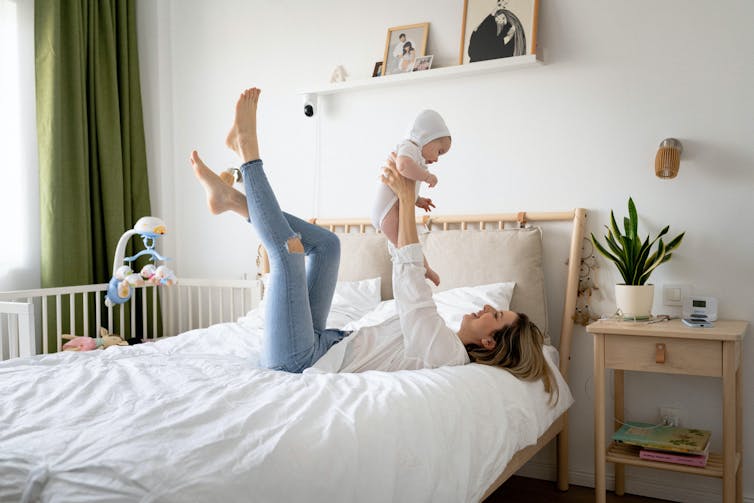
pexels monica turlui, CC BY
One of the biggest problems with pelvic floor training is that women aren’t sure they are doing the exercises correctly and regularly forget to do the exercises.
To engage your pelvic floor muscles imagine you are holding in wind and trying to close the vaginal opening at the same time. You may feel a lifting and tightening inside of you. Try to breathe normally and relax other muscles like your tummy and buttocks.
To check you are doing it correctly, you can use a mirror to look at the area between your front and back passage. This area (the perineum) will move slightly up and inwards with a correct contraction. After each contraction, let your pelvic floor muscles fully relax. Pelvic health physiotherapists recommend squeezing your pelvic floor for ten seconds before relaxing for ten repetitions, followed by ten short squeezes. And to do this three times a day.
3. Let things settle and go gently
The pelvis and abdominal muscles also need time to recover from carrying a baby. Many women have a normal stretch and separation of their tummy muscles, which in a lot of cases improves around eight weeks after delivery, for others it can take six months. The tummy helps to support the pelvis so rushing back to activity too quickly can put unnecessary strain on these areas.
Opt instead for a gentle increase in activity to help the muscles and joints settle such as walking, yoga or pilates rather than starting higher impact activity, like running, too early.
4. Check your mental health
The pressures on women postnatally can feel overwhelming and combined with sleep deprivation things can take a toll mentally. The National Perinatal Mental Health Project Report focuses on improving mental health support for women after they have given birth by providing more support services. These services can be accessed by speaking to your GP, midwife, health visitor or pelvic health physiotherapist.
Although a good level of activity can improve mental health, over-training can have a negative effect on the body, so take it steady and keep checking in with yourself to make sure you’re functioning at a pace that feels comfortable and that you’re not overdoing it. Listen to your body and avoid comparison as everybody and every pregnancy is different.
Above all else, remember to be kind to yourself, your body has just gone through a massive change. Looking after your mental health and concentrating on your pelvic floor are good starting points. Getting more active with the muscles around your pelvis, including your tummy, can all help during the natural recovery time frame. But listen to your body and take things at your own pace.![]()
Rosie C Harper, Clinical academic PhD candidate, Bournemouth University and Malika Felton, Senior Lecturer in Health and Exercise Physiology, Bournemouth University
This article is republished from The Conversation under a Creative Commons license. Read the original article.
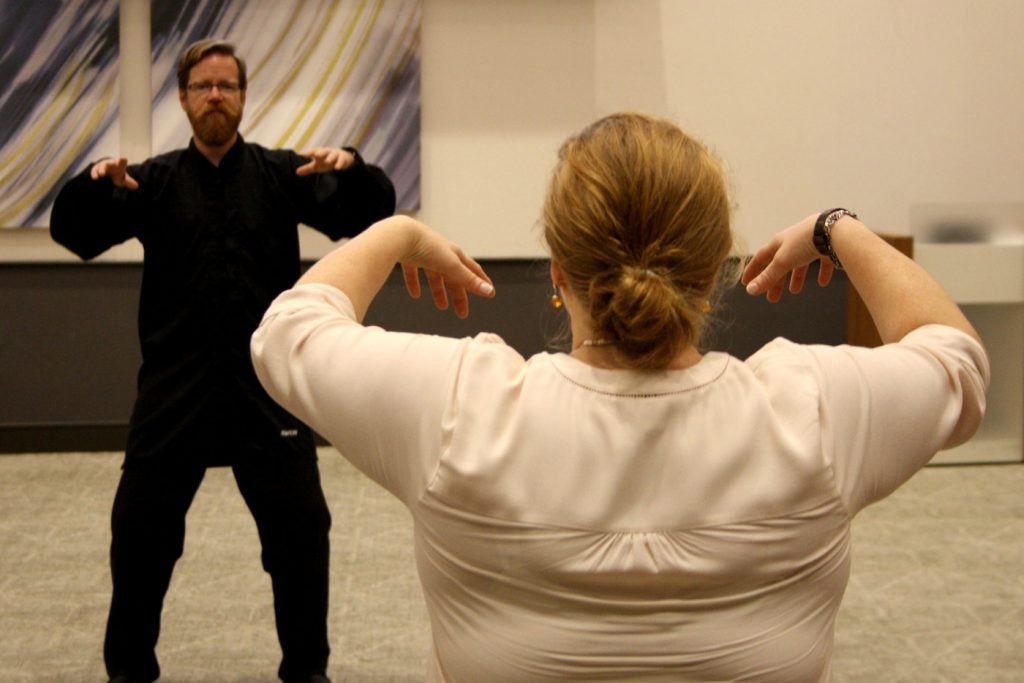
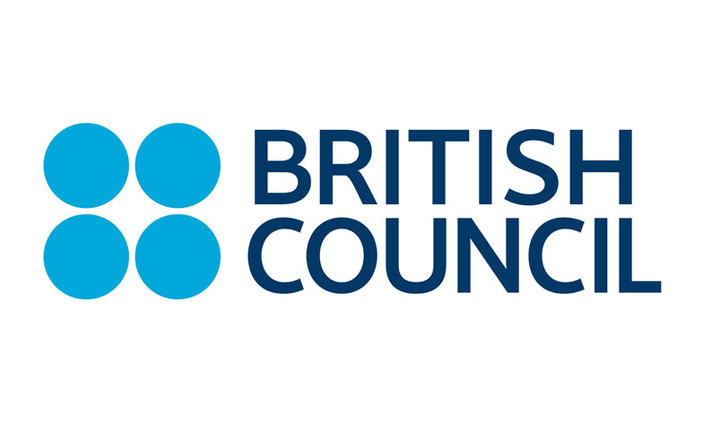
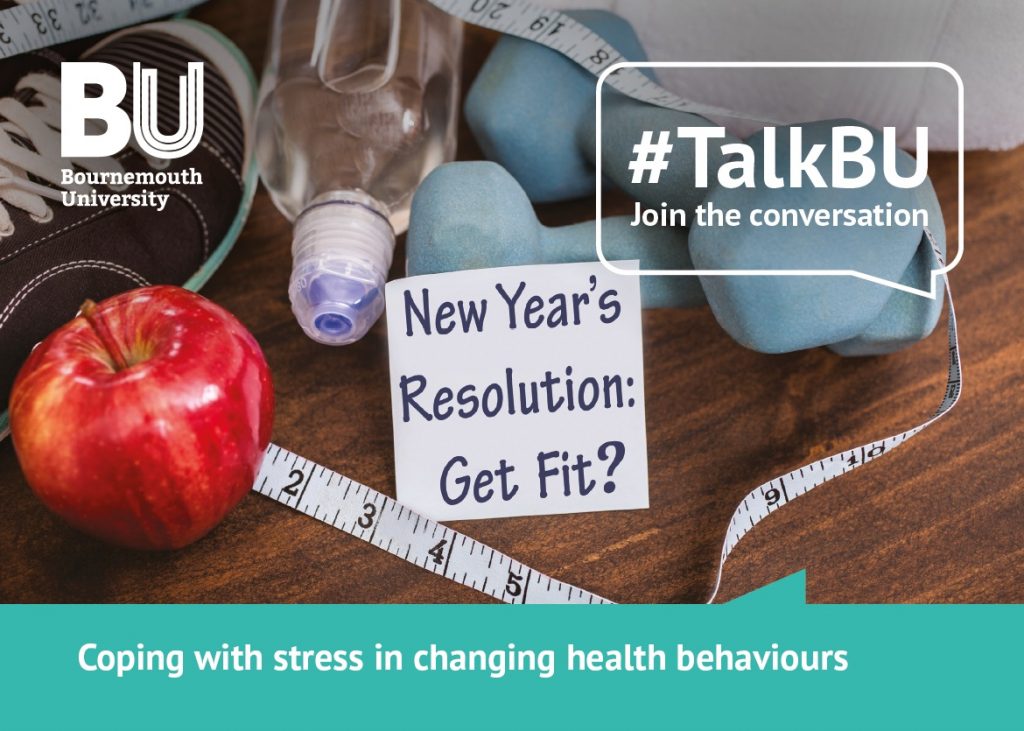
 #TalkBU is a monthly lunchtime seminar on Talbot Campus, open to all students and staff at Bournemouth University and free to attend. Come along to learn, discuss and engage in a 20-30 minute presentation by an academic or guest speaker talking about their research and findings, with a Q&A to finish.
#TalkBU is a monthly lunchtime seminar on Talbot Campus, open to all students and staff at Bournemouth University and free to attend. Come along to learn, discuss and engage in a 20-30 minute presentation by an academic or guest speaker talking about their research and findings, with a Q&A to finish. 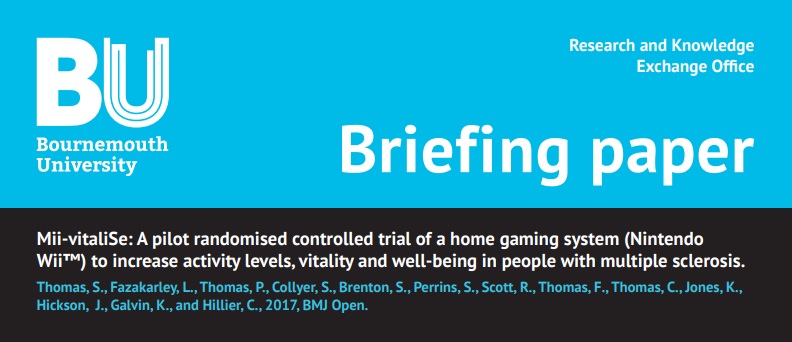 Our
Our 
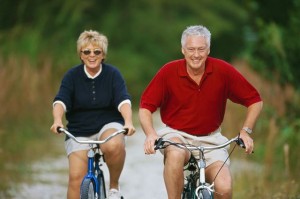 We are often reminded that we should be paying attention to what we eat and making sure we exercise regularly. These recommendations are based on years of research into how diet and exercise can impact our health and well-being throughout the lifespan. However, it’s rare that these two crucial elements are studied together.
We are often reminded that we should be paying attention to what we eat and making sure we exercise regularly. These recommendations are based on years of research into how diet and exercise can impact our health and well-being throughout the lifespan. However, it’s rare that these two crucial elements are studied together.
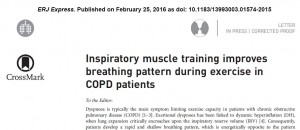











 Conversation article: Why so many people drown at the water’s edge
Conversation article: Why so many people drown at the water’s edge Workshop on longitudinal studies in three countries
Workshop on longitudinal studies in three countries New Bournemouth University public health paper
New Bournemouth University public health paper New ACORN-funded paper published. When time is short but passion for food is strong, food day-tripping may be the answer!
New ACORN-funded paper published. When time is short but passion for food is strong, food day-tripping may be the answer! Royal Society of Chemistry Outreach Fund: Open for Applications
Royal Society of Chemistry Outreach Fund: Open for Applications Last reminder – MSCA Postdoctoral Fellowships 2024 internal deadline next week
Last reminder – MSCA Postdoctoral Fellowships 2024 internal deadline next week Horizon Europe – EuroHPC and MSCA PF webinars
Horizon Europe – EuroHPC and MSCA PF webinars